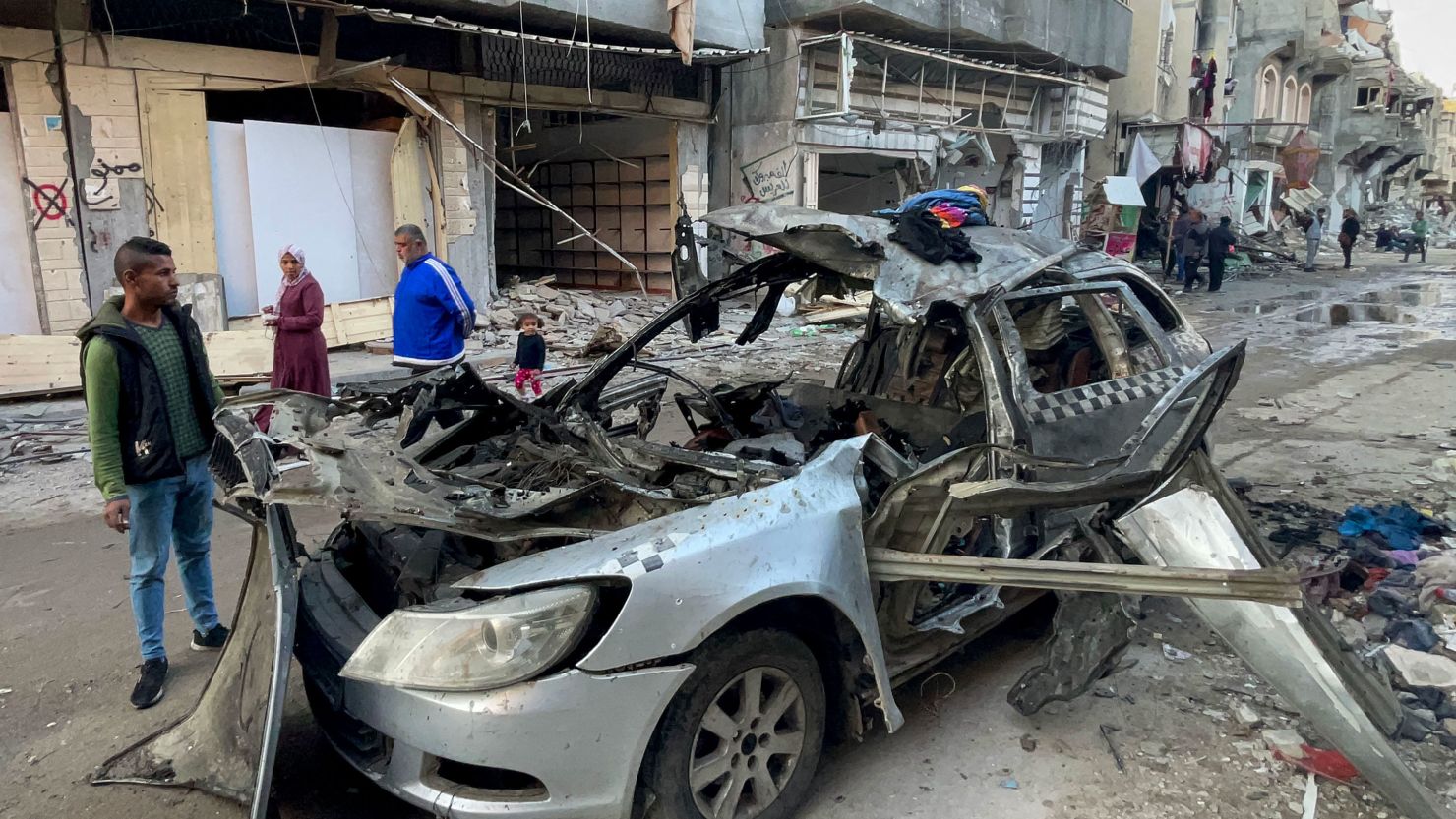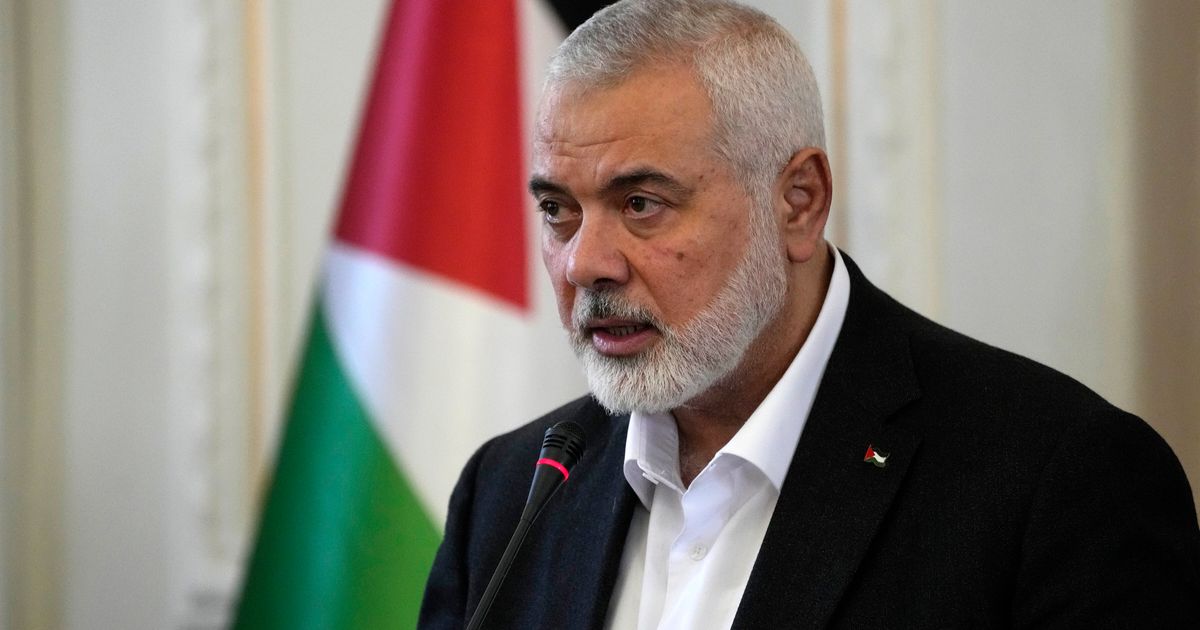An Israeli airstrike in Gaza resulted in the deaths of three sons of Hamas leader Ismail Haniyeh, a significant event given their high-profile status. Haniyeh accused Israel of acting with vengeance, condemning the attack as an act of murder. The deaths raise questions about the impact on cease-fire negotiations mediated by international parties.
Haniyeh confirmed the deaths and asserted his sons were martyred in the pursuit of liberating Jerusalem and the Al-Aqsa Mosque. He rejected the notion that such attacks would soften Hamas’ stance, denouncing Israel’s strategy of targeting leaders’ families. The strike occurred near the Shati refugee camp in Gaza City, where the Haniyeh family has roots.

Israeli Airstrike Kills Hamas Leader’s Sons Amid Cease-Fire Talks (Credits: CNN)
Israeli war cabinet minister Benny Gantz claimed Hamas’s military capacity had been severely degraded but acknowledged the ongoing nature of the conflict. Gantz emphasized Israel’s commitment to targeting terrorist sites, including in Rafah, despite Biden’s criticism of Netanyahu’s handling of the situation and calls for increased humanitarian aid to Gaza.
The airstrike coincided with a subdued Eid al-Fitr in Gaza, where residents visited graves of loved ones amid the destruction caused by the conflict. Biden’s recent criticisms of Netanyahu’s approach highlight tensions between the U.S. and Israel regarding humanitarian aid and military strategy in Gaza.
The war has deepened Israel’s international isolation, with criticism mounting over its handling of the conflict and its impact on Gaza’s population. Netanyahu faces pressure to chart a post-war vision for Gaza while managing political tensions within his coalition government. The conflict has exacted a heavy toll on civilians, exacerbating the humanitarian crisis in the region.























